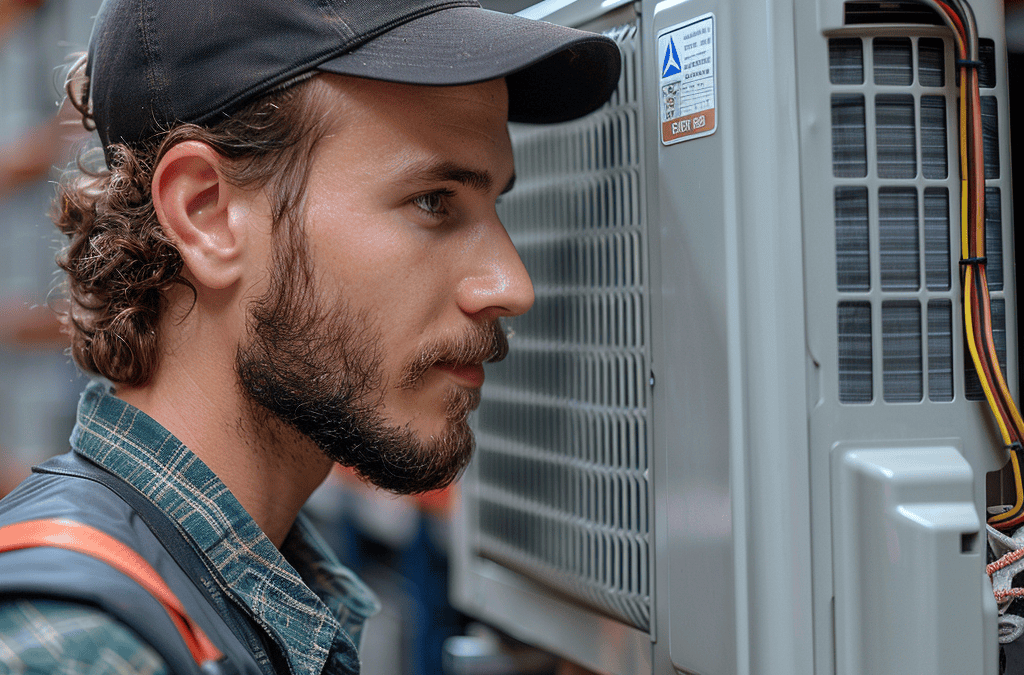Power outages can wreak havoc on household appliances, and air conditioners are no exception. If your air conditioner (AC) stops working after a power outage, it can be due to various reasons, each requiring specific troubleshooting steps and solutions. This article will provide an in-depth look at potential issues like ac not working after power outage, causes, troubleshooting methods, solutions, preventive measures, and when to seek professional assistance.
AC Not Working After Power Outage (What Should Be Done)
To diagnose why your AC isn’t working after a power outage, start with basic troubleshooting steps. Proper initial troubleshooting can save time and money by identifying minor issues that can be resolved without professional help.
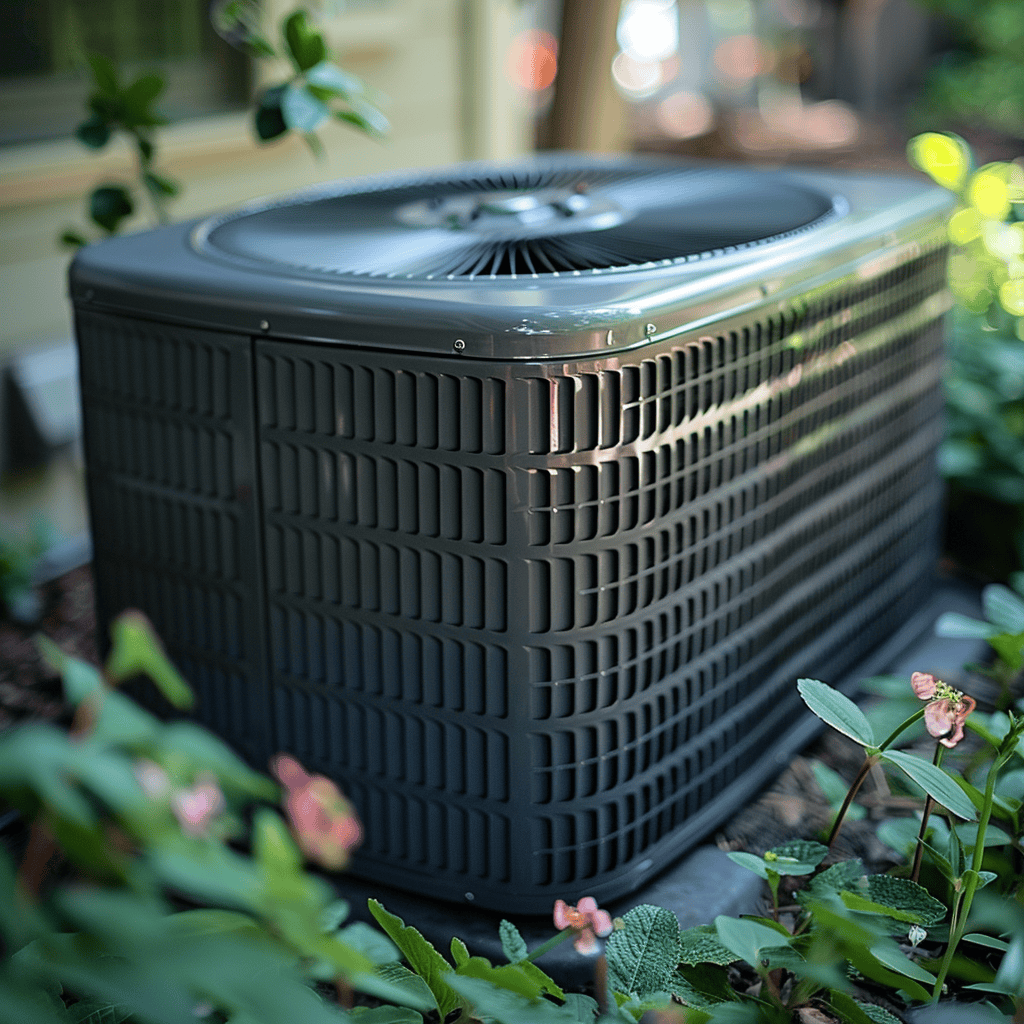
Check Power Supply
The first step in troubleshooting your AC unit is to check the power supply. Power outages often trip circuit breakers, causing the AC to lose power. Locate your breaker panel and check if the breaker for the AC is in the “off” position or tripped. Reset it by turning it off and then back on. Additionally, ensure that the thermostat is set to the correct temperature and mode (cooling). If the thermostat has batteries, replace them as low or dead batteries can also cause the system to malfunction.
Check Air Filter
A dirty air filter can significantly impact the performance of your AC unit, causing it to shut down due to restricted airflow. Remove the air filter and inspect it carefully. It needs to be cleaned or replaced if it appears dirty or clogged. Regular maintenance of the air filter not only ensures the smooth operation of the AC but also improves air quality and energy efficiency.
Inspect Outdoor Unit
The outdoor unit of your AC is crucial for the system’s overall function. Ensure that it is free from debris and has proper airflow. Remove any obstructions like leaves, dirt, or other debris that might be blocking the unit. Adequate airflow around the outdoor unit is essential for efficient cooling and preventing the system from overheating.
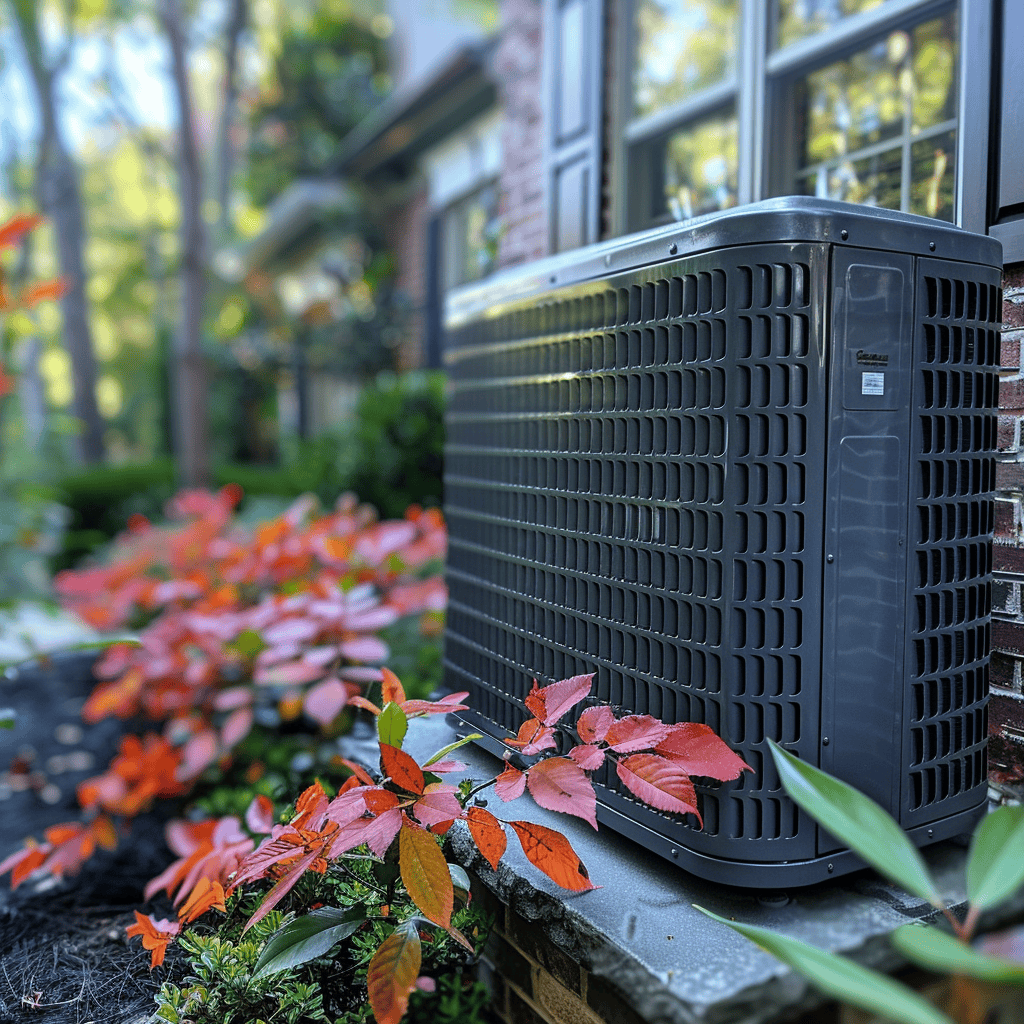
Reset the System
Sometimes, the AC unit might need a simple reset after a power outage. Turn off the AC using the thermostat and the breaker. Wait for about 30 minutes before turning it back on. This allows the system to reset and can often resolve issues related to power surges or minor glitches in the system’s operation.
Listen for Unusual Noises
Unusual noises such as humming, buzzing, or clicking can indicate specific issues within the AC unit, such as a damaged capacitor or compressor. These sounds can help diagnose the problem more accurately. A constant humming sound might suggest a faulty capacitor, while clicking noises can point to electrical issues or a failing compressor.
Understanding the Causes
Identifying the root cause of your AC problems can help determine the best course of action. Understanding the common causes of AC failure after a power outage can guide you in implementing the most effective solutions.
Tripped Circuit Breaker
A power surge during an outage can trip the circuit breaker. This is one of the most common causes and can be quickly resolved by resetting the breaker. If the breaker trips frequently, it might indicate an underlying electrical issue that requires professional inspection.
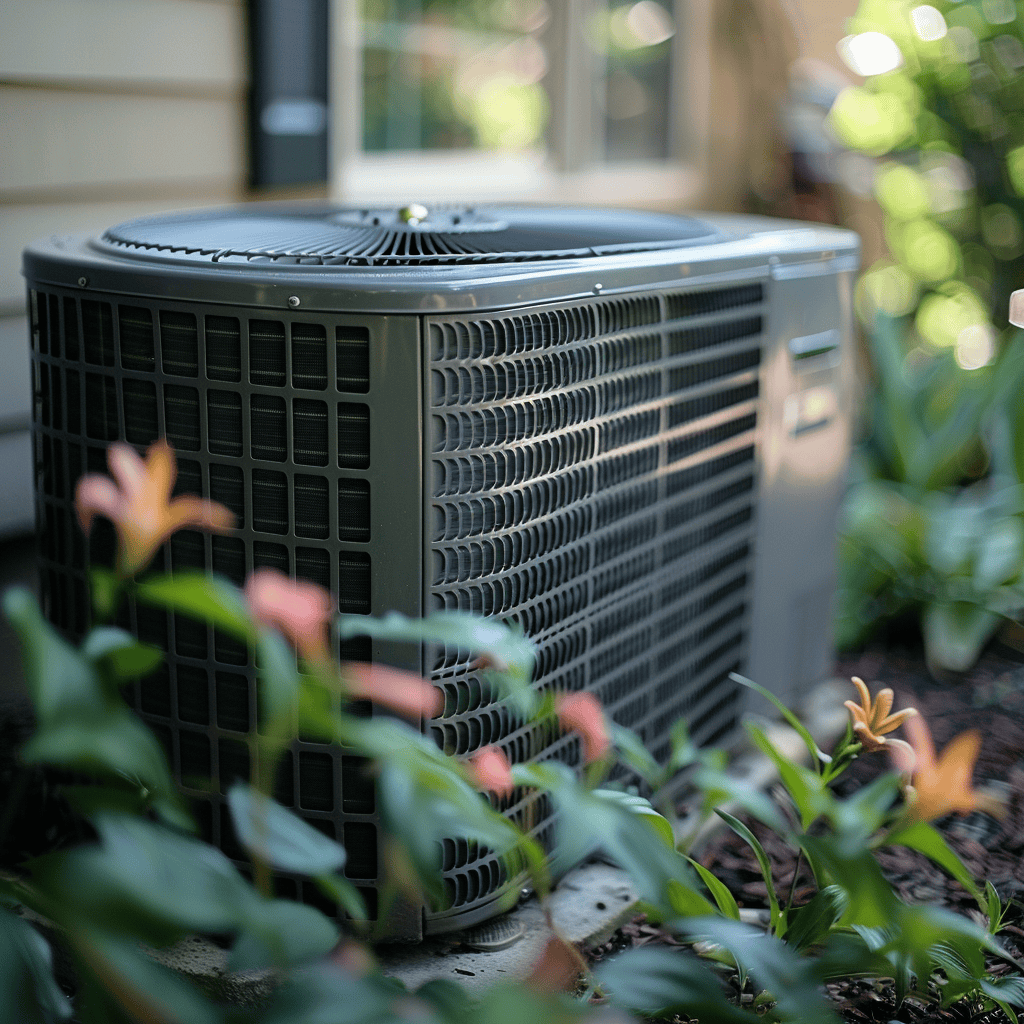
Blown Fuse
Power surges can also cause fuses to blow, disrupting the power supply to the AC unit. If a fuse is blown, check the disconnect box near the outdoor unit and replace it. Replacing a blown fuse is straightforward but essential for restoring power to the AC.
Thermostat Malfunction
The thermostat might reset to default settings or malfunction due to a power outage. It might need recalibration or replacement to function correctly. A malfunctioning thermostat can prevent the AC from starting or operating efficiently, leading to inadequate cooling or complete shutdown.
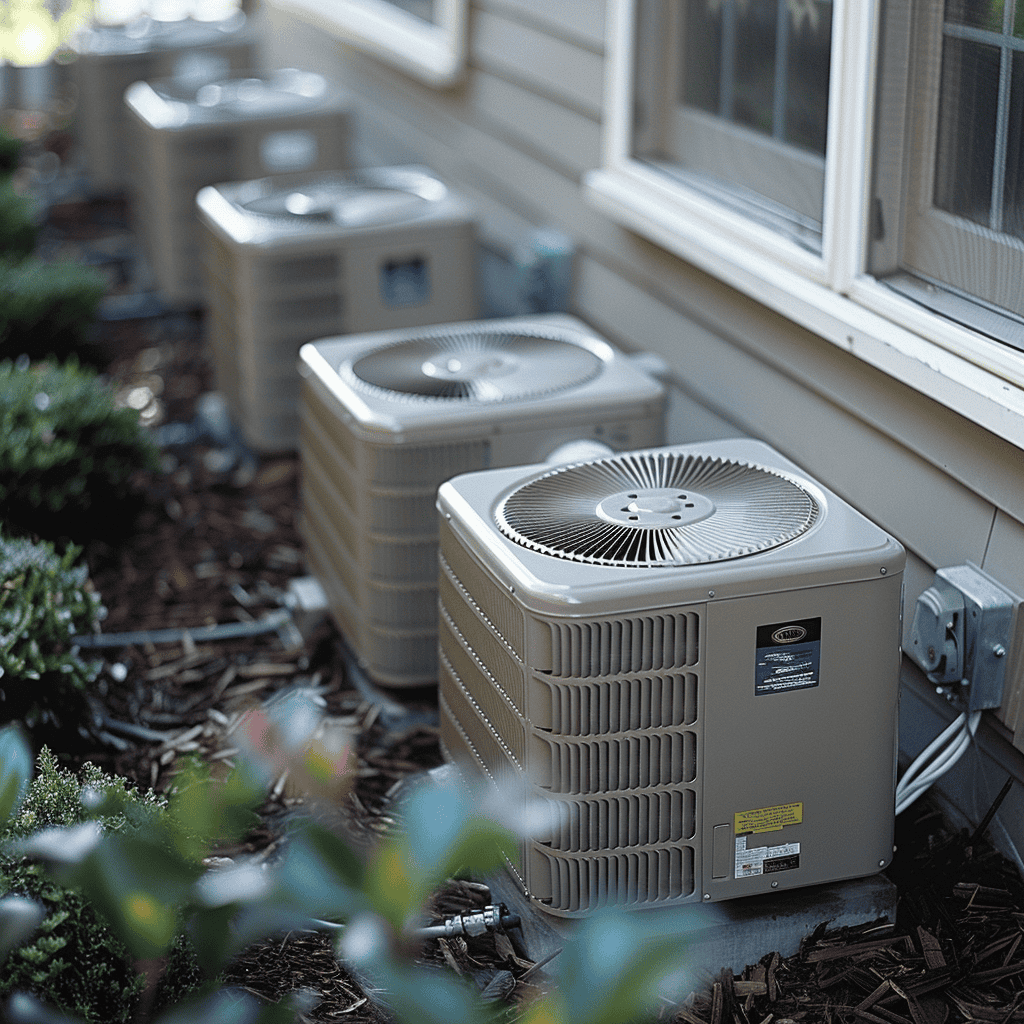
Dirty Air Filter
A dirty air filter can cause the system to overheat and shut down. Regular maintenance of air filters is essential for smooth operation. Over time, dirt and debris build-up can block airflow, causing the AC to work harder and potentially overheat, leading to system failure.
Damaged Capacitor
Capacitors can be damaged by power surges, preventing the AC from starting. A humming sound often indicates a faulty capacitor. Capacitors are essential for providing the initial surge of energy needed to start the AC’s motor, and a damaged capacitor can prevent the unit from operating altogether.
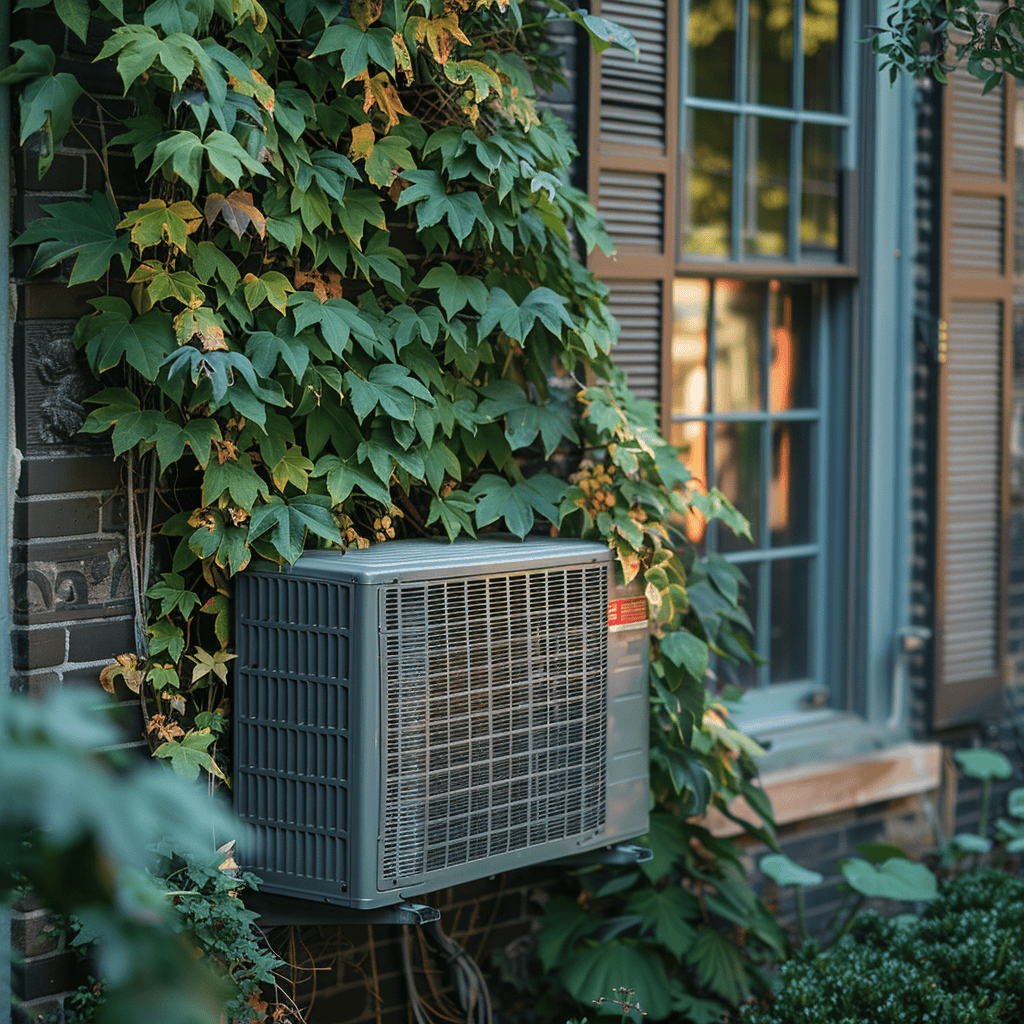
Compressor Failure
Power surges can damage the compressor, a critical component of the AC system. This issue often requires professional repair or replacement. The compressor is responsible for circulating refrigerant through the system, and any damage to it can severely impact the AC’s cooling capacity.
Electrical Issues
Other electrical components might be damaged during a power surge, causing various operational issues. Electrical issues can be complex and often require a thorough inspection by a professional to identify and repair.
Solutions to Common Problems
Once the cause is identified, applying the right solution is crucial to restoring your AC’s functionality. Effectively addressing these common problems can help get your AC unit back up and running.

Reset Circuit Breaker
Turn the circuit breaker off and then on to reset it. If the breaker tripped, this often resolves the issue. If the breaker trips repeatedly, it might be necessary to consult an electrician to check for deeper electrical problems.
Replace Blown Fuse
Check and replace any blown fuses in the disconnect box near the outdoor unit. Ensuring the fuse is intact is crucial for maintaining a continuous power supply to the AC unit.
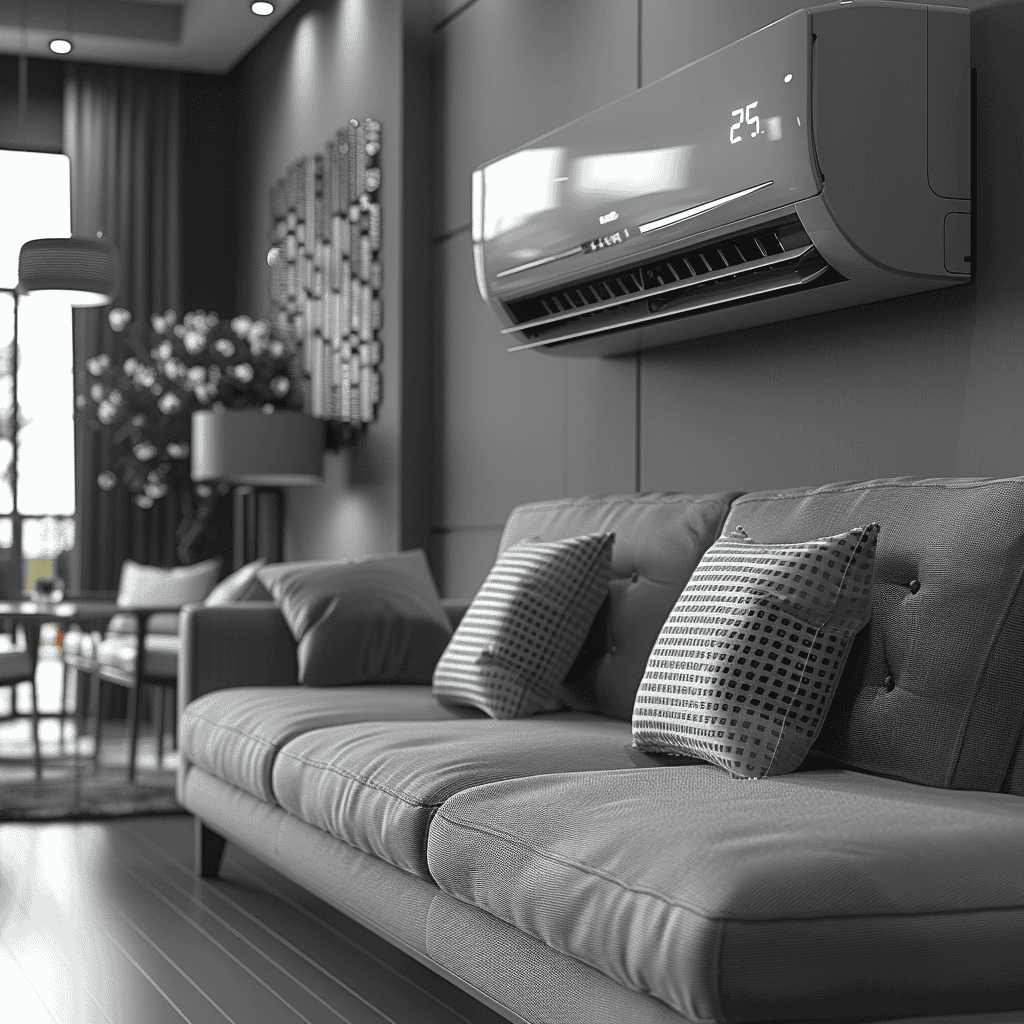
Calibrate or Replace Thermostat
Ensure the thermostat is functioning correctly. If not, calibrate it or replace it with a new one. Accurate thermostat settings are essential for the efficient operation of the AC system.
Clean or Replace Air Filter
Clean or replace the air filter regularly to maintain proper airflow. A clean air filter ensures efficient operation and helps prevent the system from overheating and shutting down.
Replace Damaged Capacitor
If a damaged capacitor is suspected, have a technician test and replace it. A functioning capacitor is crucial for the AC unit’s initial startup and efficient operation.
Repair or Replace Compressor
Compressor issues often require professional intervention. Depending on the damage, the compressor may need repair or replacement. The compressor is a vital component, and its proper functioning is essential for the AC to cool effectively.
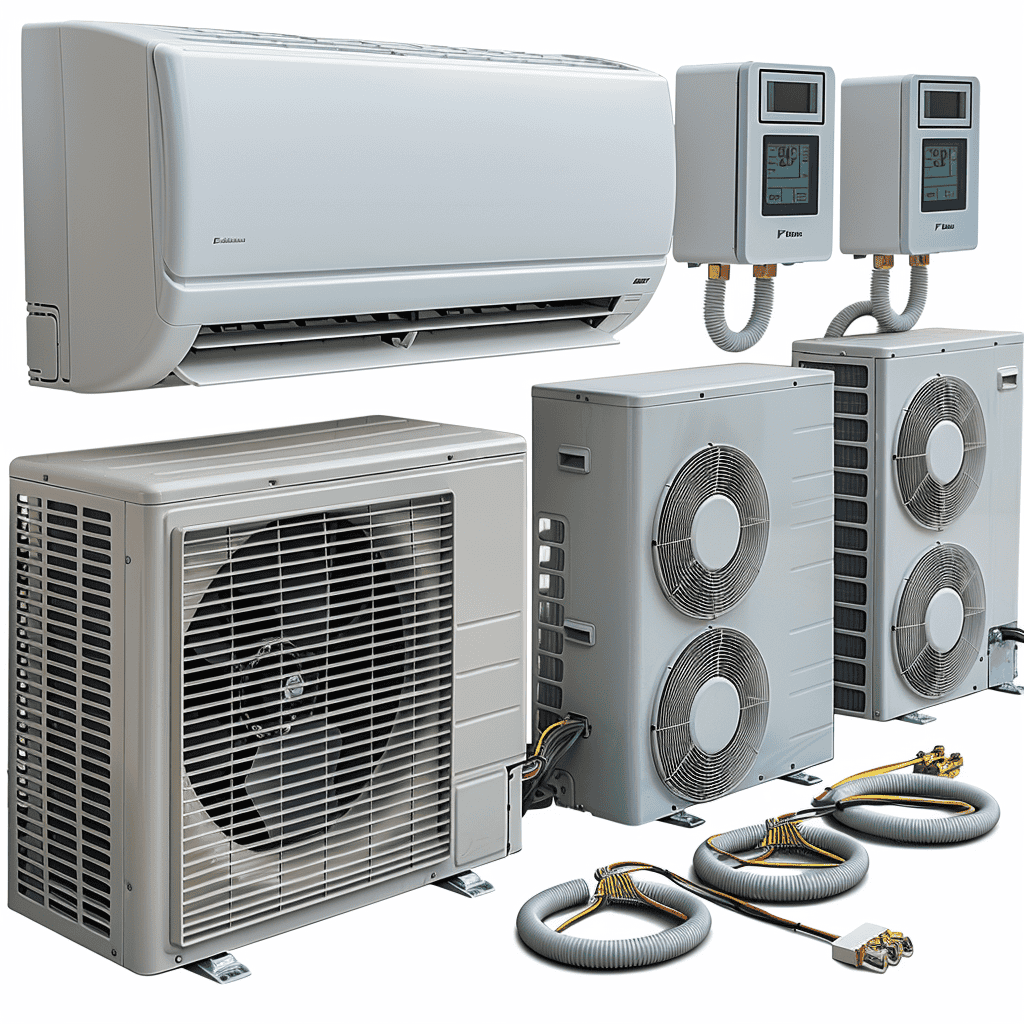
Address Electrical Issues
Inspect for any other electrical damages or issues and address them accordingly. Electrical issues can be complex and might require professional diagnosis and repair to ensure the AC operates safely and efficiently.
Preventive Measures
Taking preventive measures can help avoid future problems with your AC unit. Regular maintenance and proactive care can extend the lifespan of your AC and ensure consistent performance.
Regular Maintenance
Schedule routine maintenance checks to keep the system in good condition and prevent future problems. Regular maintenance helps identify and address minor issues before they escalate into major problems.
Surge Protector Installation
Install a surge protector to protect your AC unit from future power surges. Surge protectors can safeguard your AC’s electrical components from damage caused by sudden power surges.
Annual Professional Inspection
Ensure all components are checked and serviced annually by a professional. An annual inspection can catch potential issues early and ensure all parts of the system are functioning optimally.
Thermostat Calibration
Regularly calibrate the thermostat to ensure accurate temperature readings. Accurate thermostat settings are essential for efficient operation and energy savings.
Regular Air Filter Replacement
Change air filters periodically to prevent clogging and ensure efficient operation. Clean air filters improve airflow and air quality, reducing the strain on the AC unit.
Clean Outdoor Unit
Keep the area around the outdoor unit clear of debris and dirt. Proper airflow is essential for efficient cooling and preventing the system from overheating.
Monitor for Unusual Noises
Early detection of unusual noises can help prevent major damage by addressing issues promptly. Listening for and identifying unusual sounds can provide early warning signs of potential problems.
When to Seek Professional Assistance
Knowing when to call a professional can save time and prevent further damage. Some issues require specialized knowledge and tools that only a qualified technician can provide.
When to Call a Professional
If troubleshooting doesn’t resolve the issue or for complex problems like capacitor or compressor issues, it’s best to call a professional. Professional technicians have the expertise and equipment to diagnose and repair complex issues.
Choosing a Qualified Technician
Look for certified and experienced HVAC technicians to ensure quality service. A qualified technician can accurately diagnose problems and provide effective solutions.
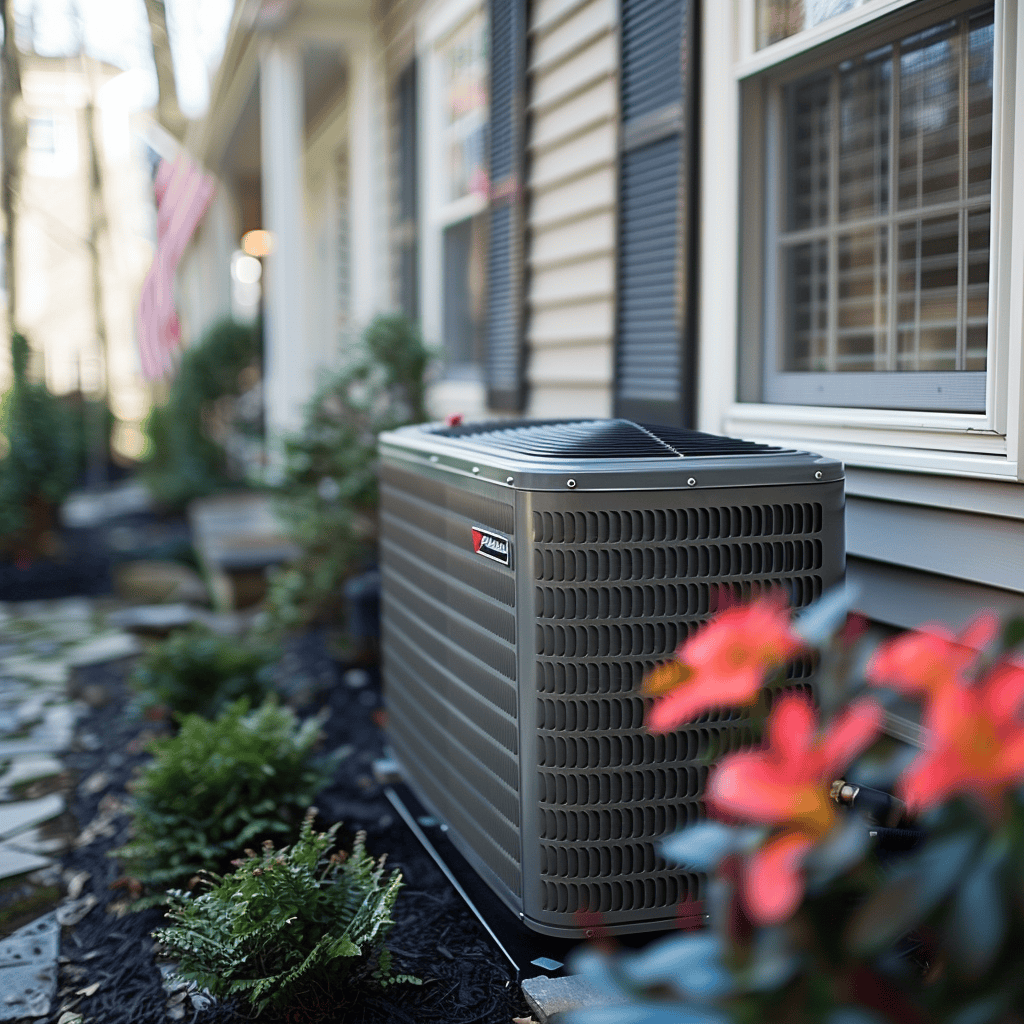
Service Costs
Get an estimate before proceeding with repairs to understand the costs involved. Understanding the costs upfront can help you make informed decisions about repairs.
Warranty Considerations
Check if repairs are covered under the warranty to save on costs. Utilizing warranty coverage can significantly reduce repair expenses.
Emergency Services
Some issues might require immediate professional attention, so know who to call in emergencies. Having contact information for emergency HVAC services can be crucial during critical times.
Maintenance Contracts
Consider signing up for regular maintenance contracts for ongoing care and preventive maintenance. Maintenance contracts often provide scheduled service visits and discounts on repairs.
Evaluating Technician’s Work
Ensure the technician provides a thorough service and clear explanation of the issues and solutions. Understanding the work done and the reasons behind it can help you maintain your AC unit better.
By following this comprehensive guide, you can systematically troubleshoot and address the issue of an AC not working after a power outage. For persistent or complex problems, professional help ensures safety and proper functioning, giving you peace of mind.

